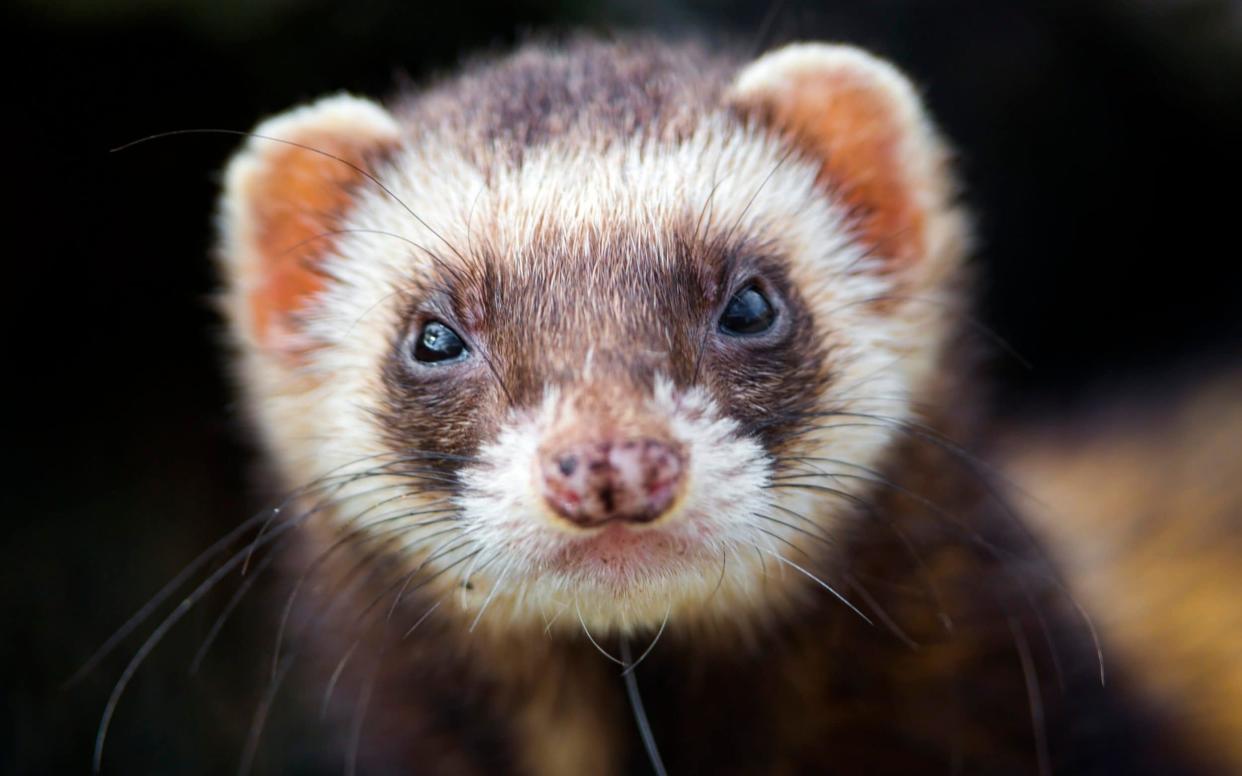Could a nasal spray that protects ferrets from coronavirus help end the pandemic?


A nasal spray that blocks coronavirus particles from being absorbed into cells has been found to completely protect ferrets, raising hopes it could one day provide a new way to fight the pandemic.
If the spray is found to work in people, then regular doses could ward off infection, scientists believe.
The findings of the trial, reported by the New York Times, have not been peer-reviewed and the research has not yet been published.
The spray contains a lipopeptide, a cholesterol particle linked to a chain of amino acids, that blocks the proper functioning of the spike protein which allows coronavirus to infect airway or lung cells.
The work has been under way by scientists from Columbia University Medical Center in New York, Erasmus Medical Center in the Netherlands, Cornell University and the University of Campania in Italy, the Times reported. The study was funded by the National Institutes of Health and the Columbia University Medical Center, it said.
Ferrets are considered a useful model for human transmission of flu and respiratory diseases because the mammals catch bugs through their noses, like people.

The study only used small numbers of animals, but the results were clear, the authors said.
The spray was given to six ferrets, who were then divided into pairs and placed in three cages. Into each cage also went two ferrets that had been given a placebo spray and one ferret that had been deliberately infected with the coronavirus.
After 24 hours together, none of the sprayed ferrets caught the disease; all the placebo-group ferrets did.
“Virus replication was completely blocked,” the authors wrote.
The protective spray attaches to the cells of the lungs and airways and remains effective for around a day.
“If it works this well in humans, you could sleep in a bed with someone infected or be with your infected kids and still be safe,” said Dr Anne Moscona, a pediatrician and microbiologist at Columbia who worked on the study.
Protect yourself and your family by learning more about Global Health Security

